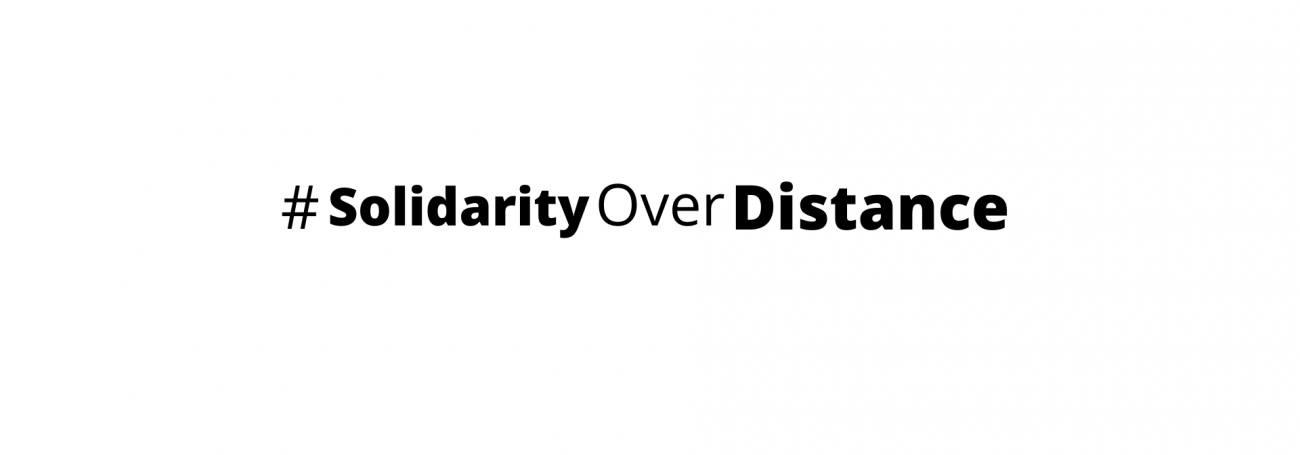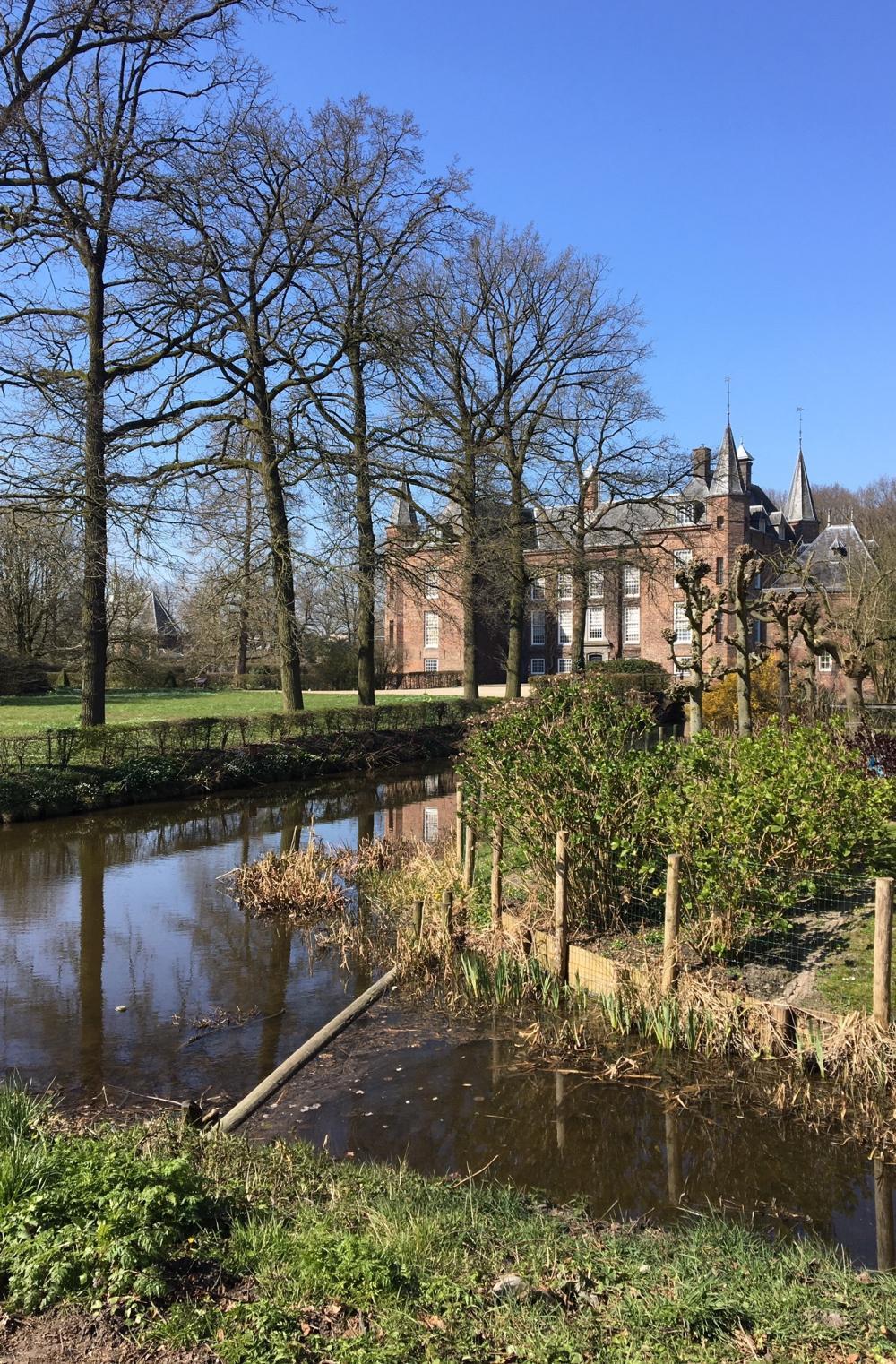What is the effect of the crisis on ongoing cases involving minors?
For minors who need care or are in the criminal justice system this is of course also an uncertain and isolated period. I worry about children in situations of domestic violence or in families that suffer from poverty. I am in contact with a police officer in Rotterdam about this to see if we can join efforts. He is paying special attention to certain families and would let me know if there are issues we can pick up together. Often at school the vulnerable children and youngsters have a safe(r) and healthy environment with caring teachers and other children to play with. Also food is often better arranged. That this is lacking for many now, and the longer the pandemic and the lock down policies stay, the more problematic this can become. Also children with mental disabilities, psychological problems and the ones in the closed facilities are affected in a sad way.
What are the special needs of children in this ongoing crisis?
That varies from basic needs to survive, like food and hygiene, to social support needs to be able to function without the normal network of school and sports facilities. We need to pay attention to their voices and involve them in finding solutions. I see that different experts and organisations, like Defence for Children, Terre des Hommes, or the children's ombudsman are already taking initiatives to lobby for support and making special information sheets for youngsters.
Our children’s ombudsman demanded in an online campaign that children who are in an unsafe situation at home, or are unable to make their schoolwork at home, can be also admitted to schools now. In the Netherlands this is still possible since the primary schools are still open for children of parents with so-called vital jobs, mainly those working in health care. I think these efforts should continue and be spread, so others can learn from it. Simple suggestions on working together and creating an alliance for children in need is a must. Colleagues from the departement responsible for victim support department and mediation in Estonia invited me to take part in a European group to see how we can join our efforts to help minors in our countries. On Monday we will have our first online meeting.
The child help line is doing important work these weeks by answering so many questions and worries that children have and proving advise and tips. In youth care confidential counsellors call children who are staying in youth facilities and who cannot not go home. The daily Dutch youth journal on tv makes sure children are also involved and interviewed in how corona affects their lives. Peer to peer information is useful. I heard several children saying that they are really missing school and class mates. It is indeed totally different than having holidays or weekend. You also see that children worry about the problems this virus creates and that they come up with their own initiatives, for example to help elderly people with grocery shopping or online talks for example.
I am impressed by all friends and colleagues working in education, like my sister Simone, who is the director of a primary school. She and her colleagues all make sure that young children still get education. They managed in a very short time to make online classes, so children can see the teacher and their classmates for at least a part of the day. This new way of educating most children at home also demands a lot from the parents. And we need to pay attention to them too. My partner Luc, professor in math, is providing online teaching and exams for his university students.



